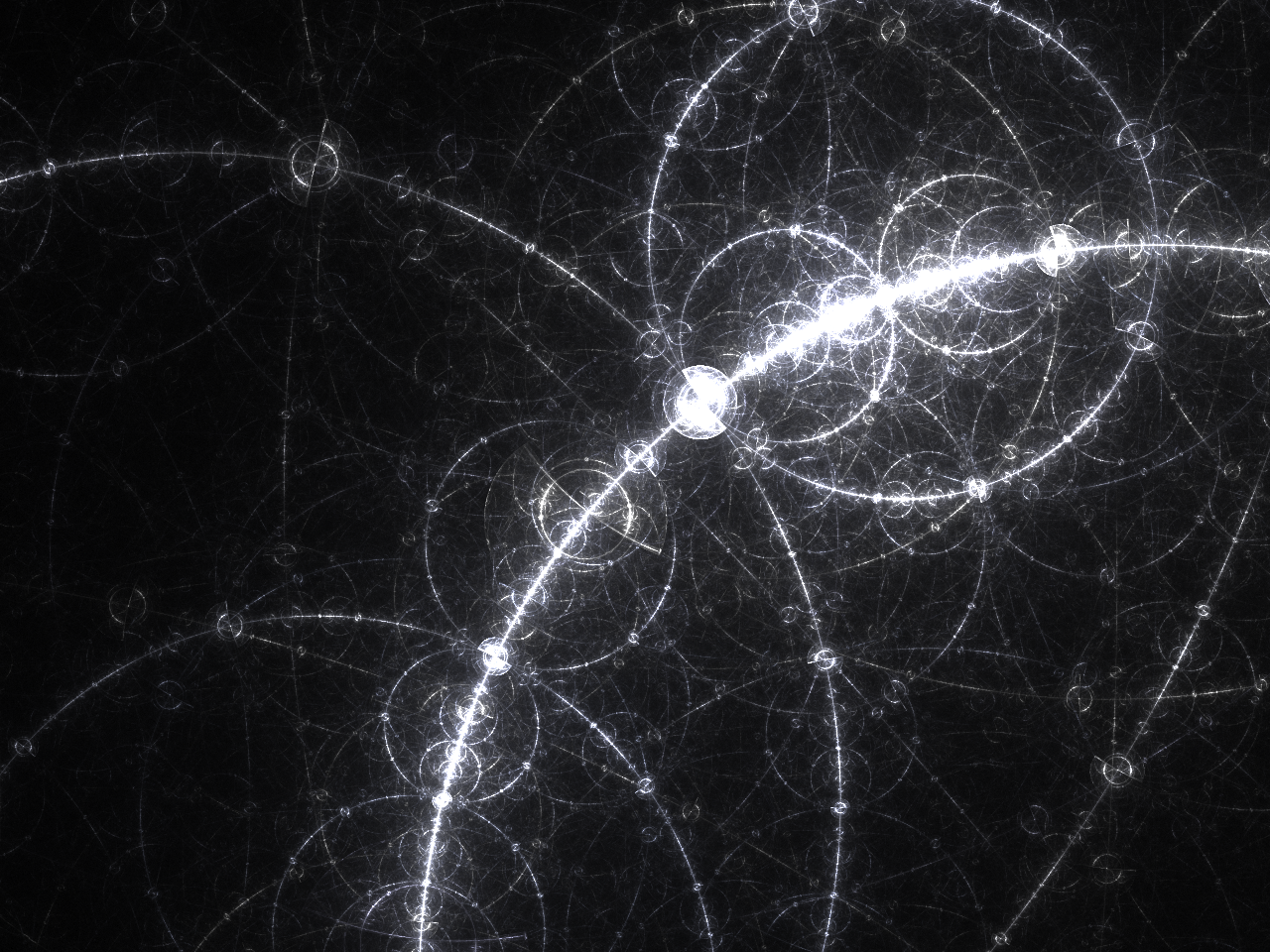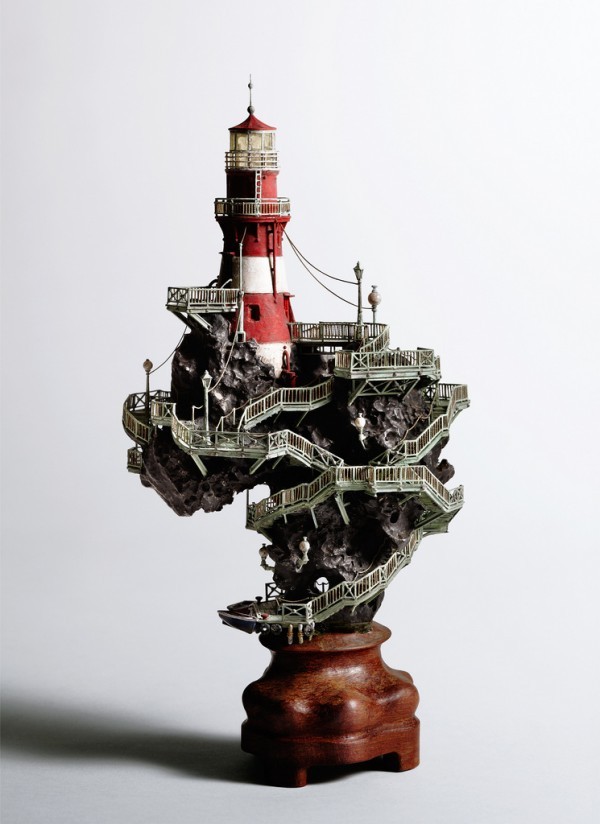Particle Accelerator
One of four scenarios attempting to answer the question “Why should a research institute exist?”
In this scenario the answer is: To be a career accelerator for overachieving opportunists; to do high profile research without threatening the status quo.
Scenario axes: erosion of commitment to organisational culture, attractive environment for top people.
Shallow but splashy
Particle Accelerator is a way station that spins academic careers into orbit. The place is teeming with students and staff eager to assist the researchers in their work, providing cheap (or even free) labour in massive research projects. Motivated young people work at all hours under ruthless principal investigators, advancing the PIs' research and publication results. Bibliometric scores are sky-high, turning the institute into a veritable (research) paper factory. The fields of inquiry are as numerous as the researchers themselves, making the institute's focus unclear, unstable and prone to passing fads. Academic competition inside and outside of the organisation is fierce - and encouraged. Working at the Accelerator guarantees individual professional advancement, provided that researchers do not let themselves get distracted with life. Many of the researchers suffer from a Postdoc Syndrome and various levels of short-termism, individualism and self-centredness. However the high speed and high profile environment they work in doesn't allow any of these issues to incidentally slip into their awareness. Financial and academic opportunities abound and there is no time (and no point) to stop and reflect on the bigger picture. Even though people are extremely keen to work at the Accelerator and attach their names to its brand, they know it will be just for a brief period. They do not waste their time in attending social gatherings, research seminars and other team building activities that the staff and the management organise to increase commitment to the institute and the local community and culture. Over time, Accelerator's research becomes less and less involved with the world outside of academia: increasing academic excellence, but without daring to question the academic, social, political or environmental status quo.
Related:

